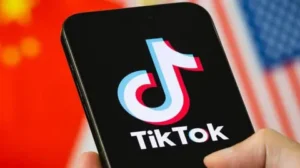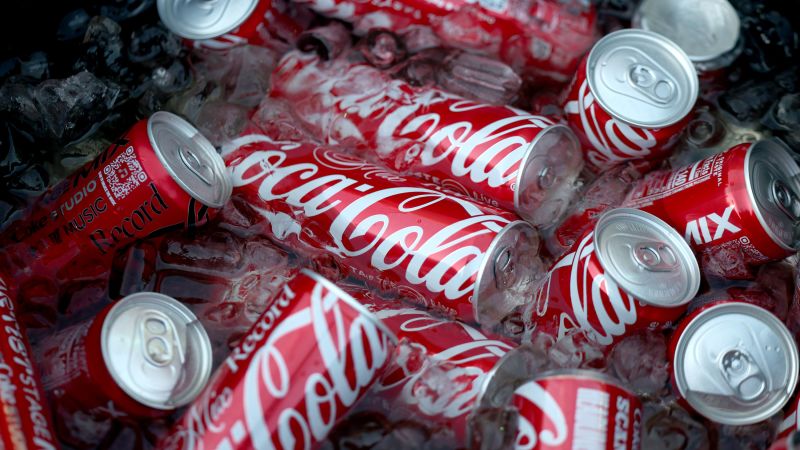Coca-Cola recently made headlines with its announcement confirming the company will unveil a new beverage made with cane sugar. The declaration came shortly after a social media post by former President Donald Trump, where he claimed to have influenced the decision to replace high-fructose corn syrup in Coca-Cola products. This turn of events showcases not only the company’s responsiveness to consumer preferences but also highlights the ongoing discourse surrounding the ingredients used in popular beverages.
Coca-Cola let it be known through its earnings report that this new offering, made with US cane sugar, is set to launch in the fall and is part of an innovative strategy to diversify their product portfolio. Interestingly, various versions of Coca-Cola, particularly those sold in Mexico, have long utilized cane sugar instead of high-fructose corn syrup. This shift underscores Coca-Cola’s intention to cater to individual tastes and preferences, as well as to tap into the growing market for products perceived as more natural or less processed.
In a statement, Coca-Cola elaborated on their motivation for this addition. The new cane sugar-based Coke is aimed at enhancing the company’s core offerings, providing consumers with a broader selection that aligns with their diverse occasions and preferences. There was anticipation surrounding the firm’s earnings call scheduled for later that morning, where further details about this new initiative might be discussed with Wall Street analysts.
The narrative took a twist last week when Donald Trump publicly stated that Coca-Cola had acquiesced to his request to utilize cane sugar in its soft drinks. However, the announcement on Tuesday clarified that the main recipe for Coca-Cola remains unchanged, with high-fructose corn syrup continuing to be the primary ingredient. The upcoming product will simply serve as a distinct line alongside the traditional offerings known to consumers.
An important aspect to consider is that the American version of Coca-Cola typically employs high-fructose corn syrup—a sweetener that has garnered criticism, notably from Trump’s Health and Human Services Secretary, Robert F. Kennedy, Jr. Kennedy has been vocal about advocating against the use of this ingredient, positioning it as a significant contributor to health issues such as obesity and diabetes. His efforts have been part of a broader movement aimed at eliminating artificial and heavily processed ingredients in American food products.
Further emphasizing the dangers of high-fructose corn syrup, health experts warn that soda, even when made with cane sugar, is not necessarily a healthy choice. Eva Greenthal, a senior policy scientist at the Center for Science in the Public Interest, pointed out that excessive sugar consumption from any source can be detrimental to one’s health. Greenthal argued that to improve the health of the US food supply, a focus on reducing sugar overall, rather than merely switching sugar types, would be more beneficial.
On a related note, while Coca-Cola adapts to fresh consumer demands, PepsiCo appears to be maintaining its course without major alterations. However, PepsiCo has introduced a new prebiotic soda that features cane sugar, along with products from its recently acquired Poppi brand. In a discussion on CNBC, PepsiCo CEO Ramon Laguarta addressed the cost implications of sugar in the US, suggesting that a dialogue with the government about making sugar more affordable could pave the way for broader changes in the beverage industry. He highlighted the need for a farming strategy that would lower sugar costs and facilitate industry shifts.
In conclusion, the evolving landscape of sweeteners used in the beverage industry reflects ongoing consumer preferences and health discussions. Coca-Cola’s new initiative to produce a cane sugar version of its iconic beverage underscores the company’s commitment to innovation while simultaneously responding to a significant societal concern about the health ramifications of its ingredients.










